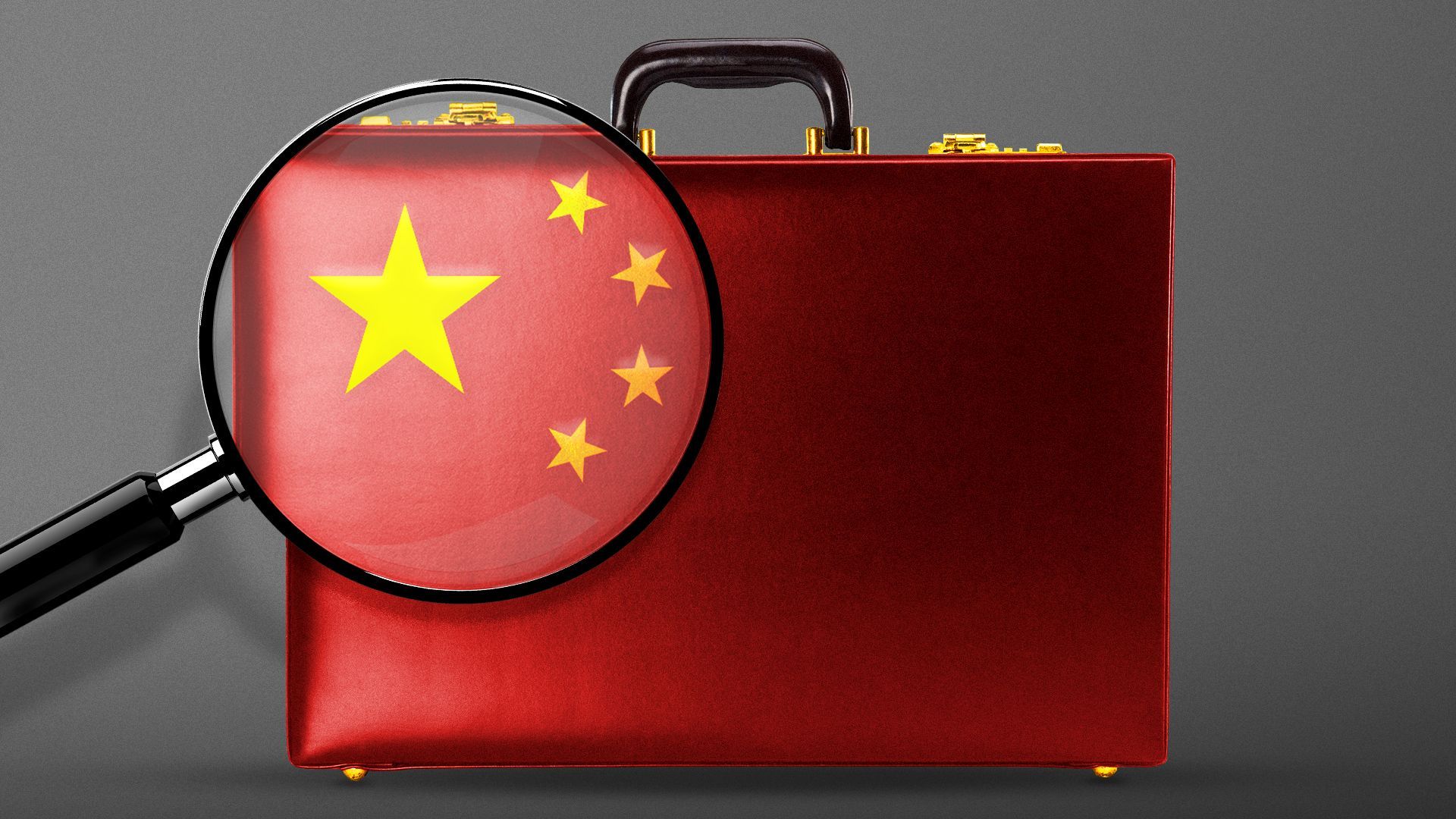
Oklahoma Congressman Tom Cole figures it’s time to stop the Chinese Communist Party from economic coercion tactics as it tries to intimidate its neighbors.
He’s leading a House Committee hearing this week on the Countering Economic Coercion Act of 2023, a bill of which he is a lead sponsor. The House Rules Committee, which is chaired by Rep. Cole will hold its first hearing on the provision.
“The U.S. has an interest in countering such economic coercion in order to retain our influence on the international stage and protect critical allies and partners such as Japan, Taiwan, South Korea and many others. Unfortunately, the U.S. has only seen Chinese influence grow in recent years. To help stop such economic coercion from happening, we must first significantly update our policy toolkit,” wrote Cole in a column this week.
He said if the measure becomes law, it would give the President new tools to provide rapid economic support to partners and allies facing economic coercion from any aggressive and ill-meaning state actor.

The congressman pointed to the recent incidents where Communist China sent several spy balloons throughout the world including across the U.S.
“This, along with the CCP’s past coercive tactics against countries on numerous known occasions, is evidence that it is not a matter of if Communist China will continue to provoke the U.S. or antagonize our international friends and allies. By standing idly by, the U.S. is succumbing to these coercive tactics by not ensuring our private sector is prepared,” said Cole.
Below is his column:
The Chinese Communist Party (CCP) for quite some time has used malign economic coercion tactics to intimidate its neighbors in the Indo-Pacific region and manipulate them to surrender to various types of political, economic and other demands. The U.S. has an interest in countering such economic coercion in order to retain our influence on the international stage and protect critical allies and partners such as Japan, Taiwan, South Korea and many others. Unfortunately, the U.S. has only seen Chinese influence grow in recent years. To help stop such economic coercion from happening, we must first significantly update our policy toolkit.
From 2010 to 2020, the CCP committed dozens of acts of notable economic coercion. An early example being Japanese maritime dispute from 2010 to 2012 in which the CCP restricted exports to Japan, one of our most critical international partners, of rare earth elements due to an inauspicious collision involving boats from the two countries. The fallout ultimately resulted in Japan spending an estimated $1 billion on mitigation and diversification.
In 2020, in response to Australia’s call to conduct an inquiry into the origins of the COVID-19 pandemic, the CCP cut exports of coal, barley, beef, copper, wheat and other necessities. While in 2020, 66 percent of Chinese iron ore imports came from Australia and 88 percent of Australian exports went to China. Luckily, in this case, Australia was able to make a shift in their private sector and develop new markets to ease the burden of this embargo. And more recently, beginning in 2021, the CCP blocked all imports and exports to Lithuania in retaliation to the Lithuanian government’s decision to open a Taiwanese Representative office. The CCP has since then also imposed informal secondary sanctions on exported goods from EU countries made with Lithuanian materials. Initial estimates of this have resulted in a 0.5 percent decrease in gross domestic product for Lithuania.
As a lead sponsor of the Countering Economic Coercion Act of 2023, I am pleased that a portion of the jurisdiction for this legislation rests with the House Rules Committee, and this week I will chair the first committee hearing on the provision. If signed into law, the legislation would provide the president new tools to provide rapid economic support to partners and allies facing economic coercion from any aggressive and ill meaning state actor and hold it accountable for its actions. This bill would enable the U.S. government to initiate a response against any such bad actor until the victim nation and markets can adjust. While the U.S. already has limited relief tools in place in case a nation such as China were to retaliate, including exporting credit lines and expedited licensing, it is simply not enough, and the targeted victim be supported in their effort to resist pressure to surrender, including in many cases to benefit to protect American consumers and producers.
Everyone saw and recalls the recent incident where the CCP sent several spy balloons throughout the world, including the U.S., and also allegedly set up discrete policing stations to gather intel and counter political and cultural influences within the U.S. This, along with the CCP’s past coercive tactics against countries on numerous known occasions, is evidence that it is not a matter of if Communist China will continue to provoke the U.S. or antagonize our international friends and allies. By standing idly by, the U.S. is succumbing to these coercive tactics by not ensuring our private sector is prepared.





